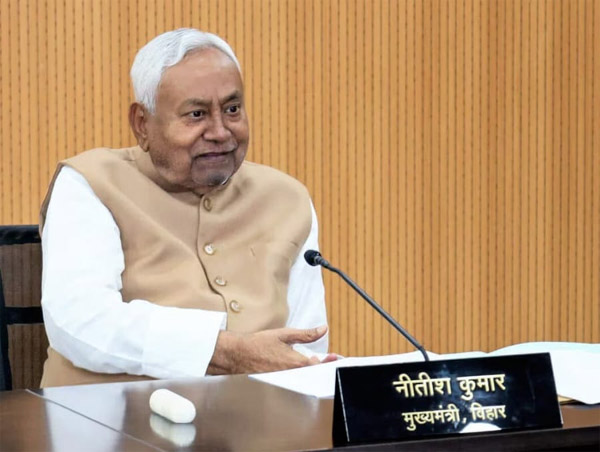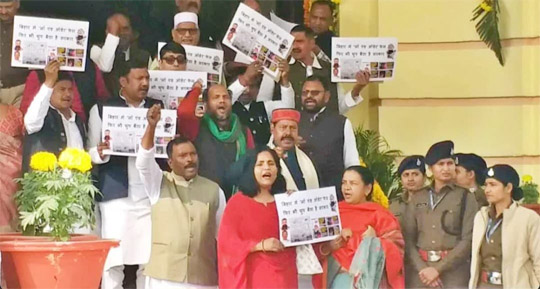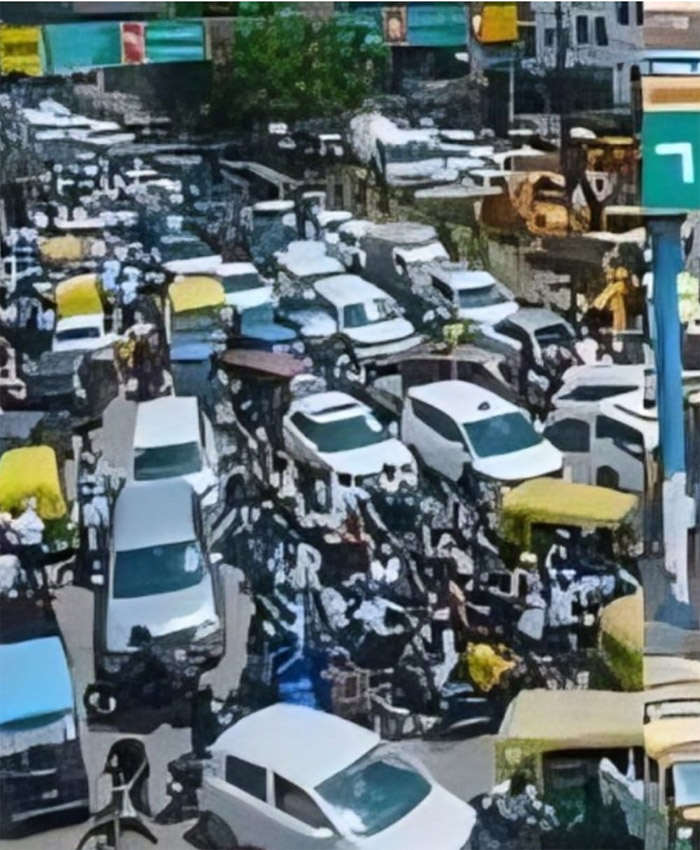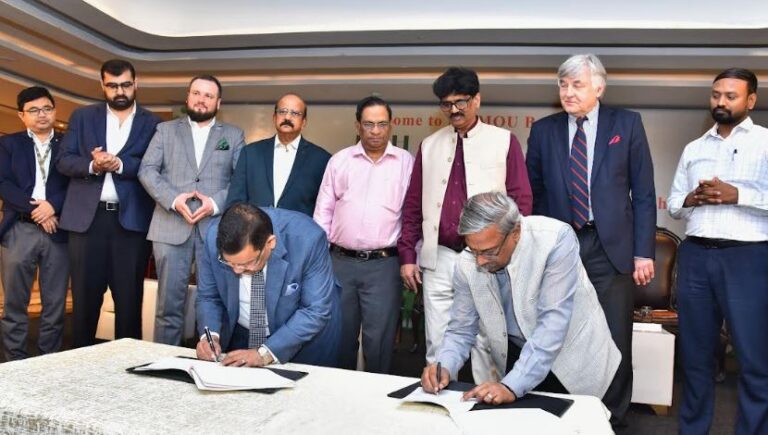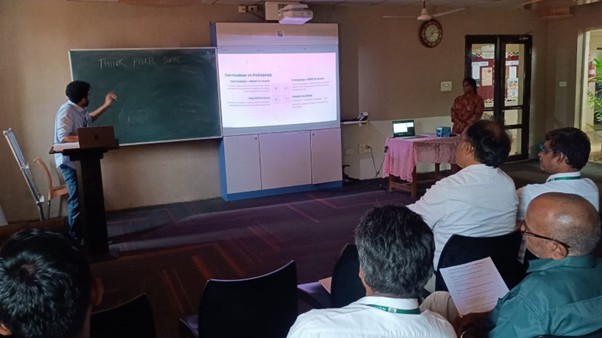
By Neeraj Kumar
Patna: The special land survey currently underway in Bihar has sparked numerous controversies, with criticism coming from multiple quarters, including lawyers from the Patna High Court. The survey, aimed at updating land ownership records and resolving disputes in rural areas, is being questioned for its process, with calls for its immediate halt due to alleged corruption and exploitation by administrative officers.
Senior lawyers Krishna Prasad Singh and Yogesh Chandra Verma have raised concerns over the demand for old documents from landowners, pointing out that the government itself lacks complete information on these records. They argue that after the first cadastral and revisional surveys, landowners had already submitted their land returns at the time of India’s independence. However, many pages of the old Jamabandi Register-2 are missing or damaged. The lawyers suggest that the government should first make these old records public to clarify historical land ownership before proceeding with the current survey.
A major point of contention is the alleged collusion between survey officials and local landowners, resulting in incorrect land claims, particularly affecting those who live outside their villages. The aerial survey method is also criticised for not matching on-ground realities.
Political figures have also voiced opposition. Prashant Kishore, a political analyst from Bihar, warned that the survey could become a significant political and social issue, directly affecting ownership rights in rural areas. Leader of the Opposition, Tejashwi Yadav, also criticised the survey, claiming it was harmful to farmers and the poor. He argued that unnecessary documents are being demanded, creating further complications for farmers.
The government, however, claims the survey is transparent and necessary for updating land ownership records. Landowners are required to submit documents like the Khatian, rent receipts, Aadhaar cards, and mobile numbers, alongside forms 2 and 3A. Despite these assurances, lawyers and political leaders argue that revenue records are incomplete, with missing pages and inaccurate maps in many districts.
Lawyers are calling for a postponement of the survey until the revenue records are properly updated. They recommend that the government first make old land records public, employ technical means for accurate land measurement, and implement stricter measures to prevent corruption.
The special land survey has become mired in challenges, and transparency and administrative reforms will be crucial for its success. Whether the government will address these growing concerns remains to be seen, but it is evident that a more comprehensive and transparent approach is urgently needed to restore confidence in the process.

